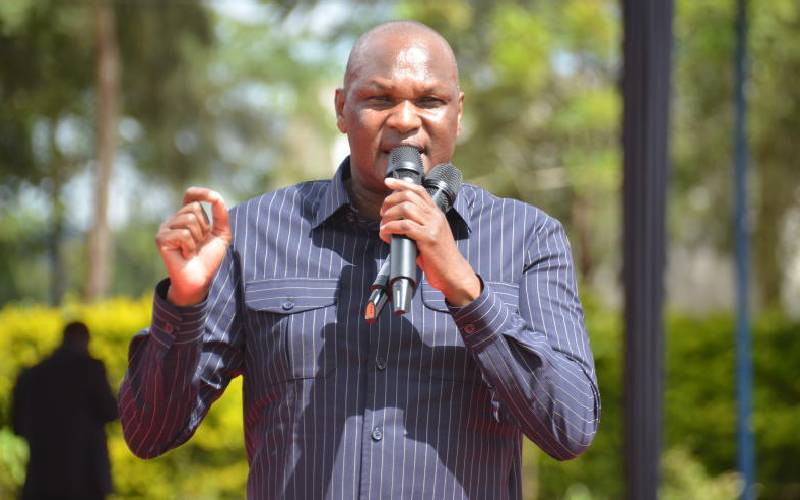×
The Standard e-Paper
Home To Bold Columnists

Nandi Senator Samson Cherargei was still smarting from the embarrassment of being publicly denigrated as 'an average' student when Nairobi Senator Edward Sifuna, head- butted him over the 'constitutionality' of a certain office.
Cherargei appears deuced, though. Any time he ventures an opinion on issues impacting Kenyans, he runs into a barrage of criticism from the public and fellow leaders.